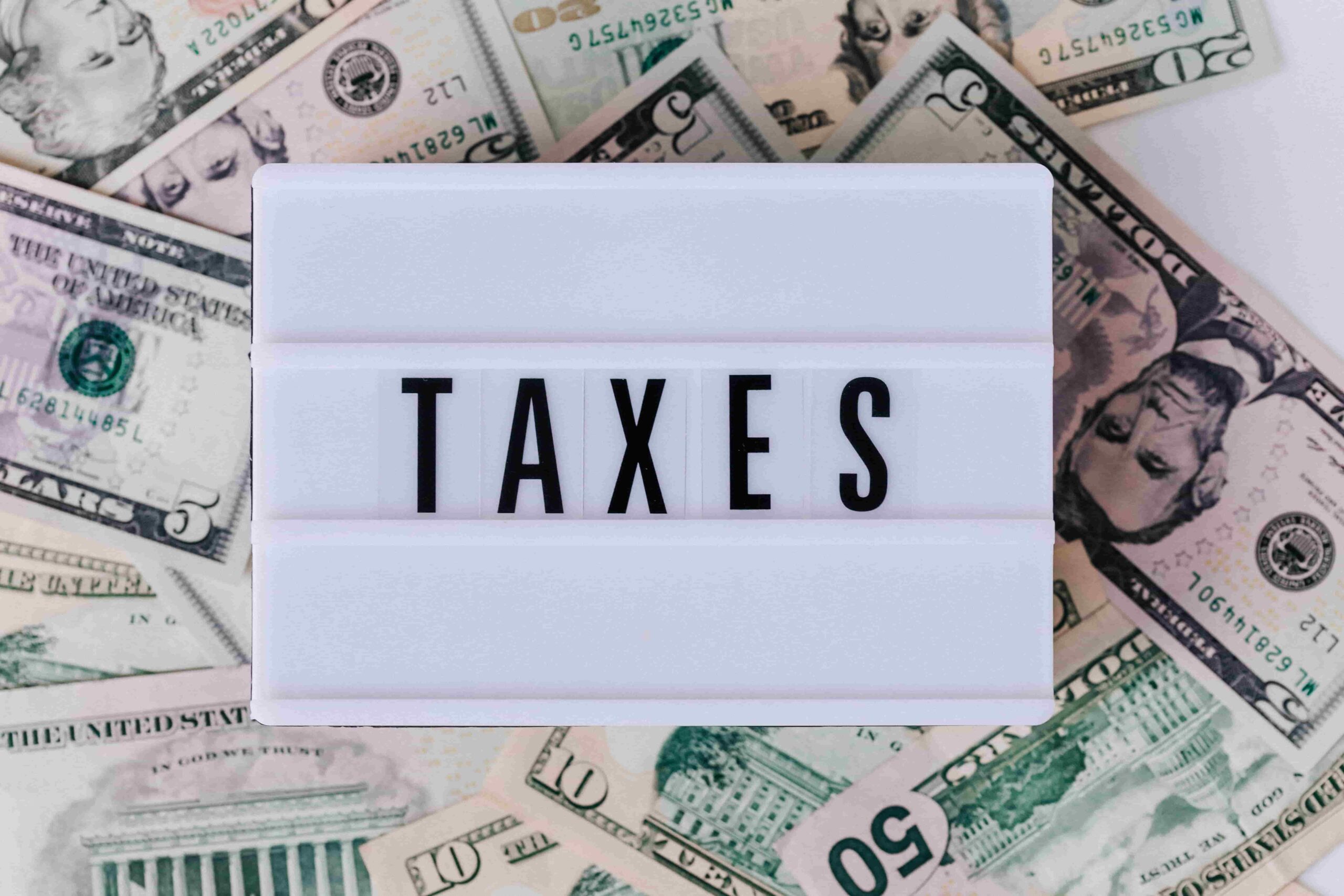1. Introduction
Embark on a journey through the intricacies of filing taxes as a freelancer. This guide provides freelancers with the knowledge and tools needed to navigate the tax season successfully.
2. Understanding Freelancer Tax Obligations
Explore the unique tax obligations freelancers face, including self-employment tax and income reporting. Understanding these obligations forms the foundation for a smooth Filing Taxes process.
3. Organizing Financial Records
Before diving into tax preparation, organize your financial records. Categorize income and expenses, keep receipts, and maintain a clear record of all financial transactions to simplify the Filing taxes process.
4. Knowing Your Deductions
Uncover the deductions available to freelancers, from home office expenses to business-related travel. Maximize your deductions by staying informed about the expenses you can legitimately claim.
5. Essential Documents for Filing Taxes
Gather key documents, including 1099-MISC forms and income statements, to ensure accurate reporting of freelance income. Understanding the documents needed streamlines the tax preparation process.
6. Quarterly Tax Payments
Learn about the importance of making estimated quarterly tax payments. By staying current with these payments, freelancers avoid penalties and ensure they’re contributing adequately to their tax obligations.
7. Utilizing Tax Software for Freelancers
Explore user-friendly tax software designed for freelancers. These tools simplify the filing process, guiding freelancers through income reporting, deduction claims, and ensuring compliance with tax regulations. Click here for getting more information about the Tax:
8. Hiring a Tax Professional
Consider the benefits of hiring a tax professional. An experienced accountant or tax advisor can provide personalized guidance, maximize deductions, and ensure accurate and compliant tax filing.
9. Tracking Business Expenses
Establish a system for tracking business expenses throughout the year. Whether using specialized apps or maintaining a spreadsheet, diligent expense tracking facilitates smooth tax preparation.
10. Managing Self-Employment Tax
Understand the nuances of self-employment tax and how it differs from traditional employment taxes. Prepare for self-employment tax obligations to avoid surprises during tax season.
11. Filing Income from Multiple Sources
If freelancers have income from multiple sources, categorize and report each income stream accurately. This ensures comprehensive and compliant tax reporting.
12. Leveraging Retirement Contributions
Explore the benefits of contributing to retirement accounts as a freelancer. Contributions to SEP IRAs or Solo 401(k)s not only secure your financial future but also offer potential tax advantages.
13. Deadline Awareness
Stay vigilant about tax deadlines. Freelancers must be aware of filing deadlines, including quarterly estimated tax payments and the annual tax return deadline, to avoid penalties.

14. Addressing State and Local Taxes
Understand the implications of state and local taxes for freelancers. Research and comply with regional tax regulations to ensure comprehensive and accurate reporting.
15. Navigating Tax Changes
Stay informed about changes in tax laws that may impact freelancers. Being aware of updates ensures that your tax filing strategy remains current and compliant with the latest regulations.
16. Seeking Professional Advice
In complex tax situations, seek professional advice. Tax professionals can provide tailored guidance on specific freelance scenarios, ensuring accurate reporting and compliance.
17. Documenting Work-Related Education Expenses
If freelancers invest in work-related education, document and claim eligible expenses. Education-related deductions can contribute to reducing taxable income.
18. Keeping a Contingency Fund
Prepare for unexpected tax liabilities by maintaining a contingency fund. Having financial reserves ensures freelancers can meet their tax obligations without disrupting their business operations.
19. Reviewing and Filing Electronically
Before submitting your tax return, review all details for accuracy. Consider filing electronically for a faster and more efficient submission process, reducing the risk of errors.
20. Conclusion
Summarize key takeaways and empower freelancers with the knowledge and confidence needed to file taxes successfully. With proper preparation and understanding, freelancers can navigate tax season with ease.





